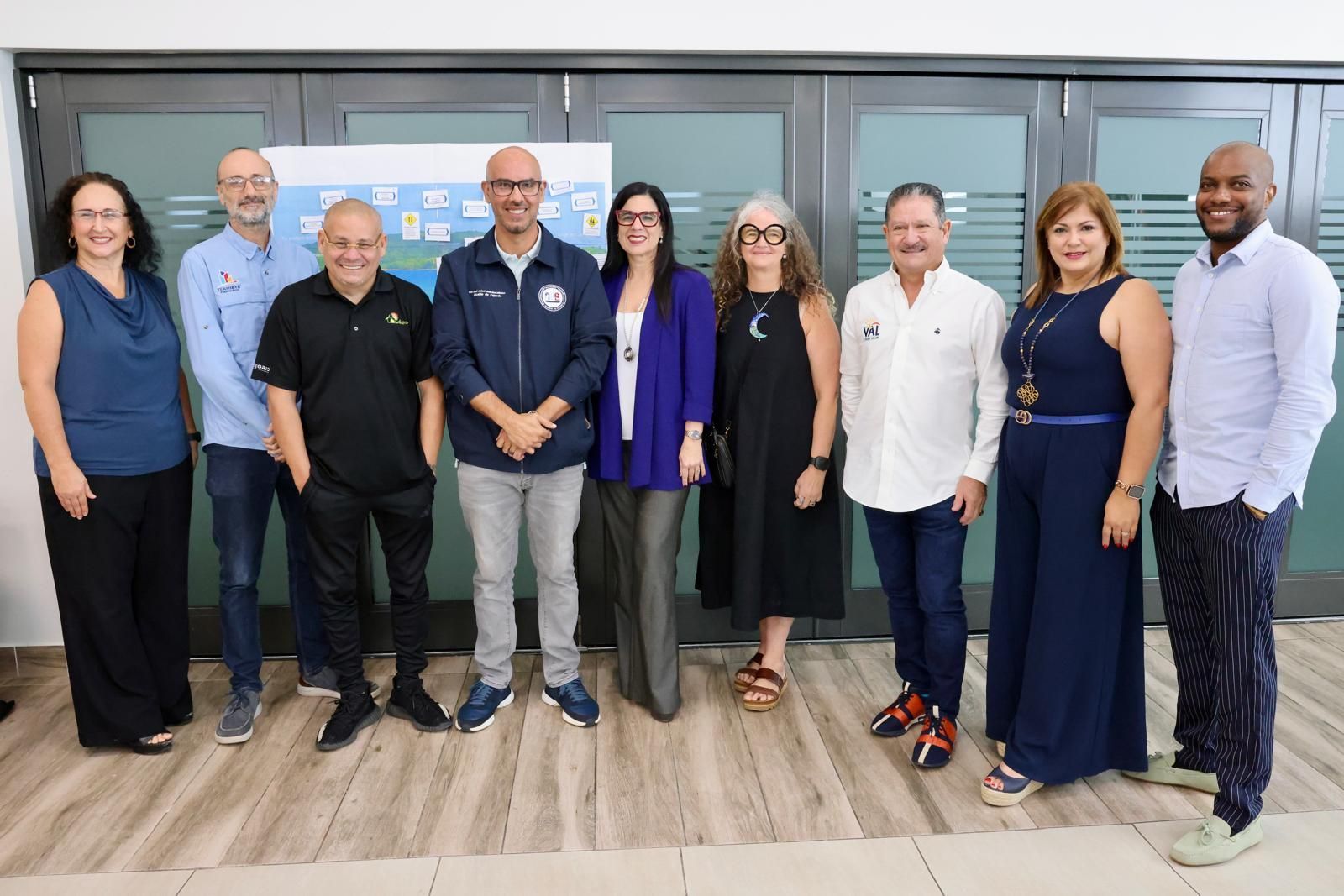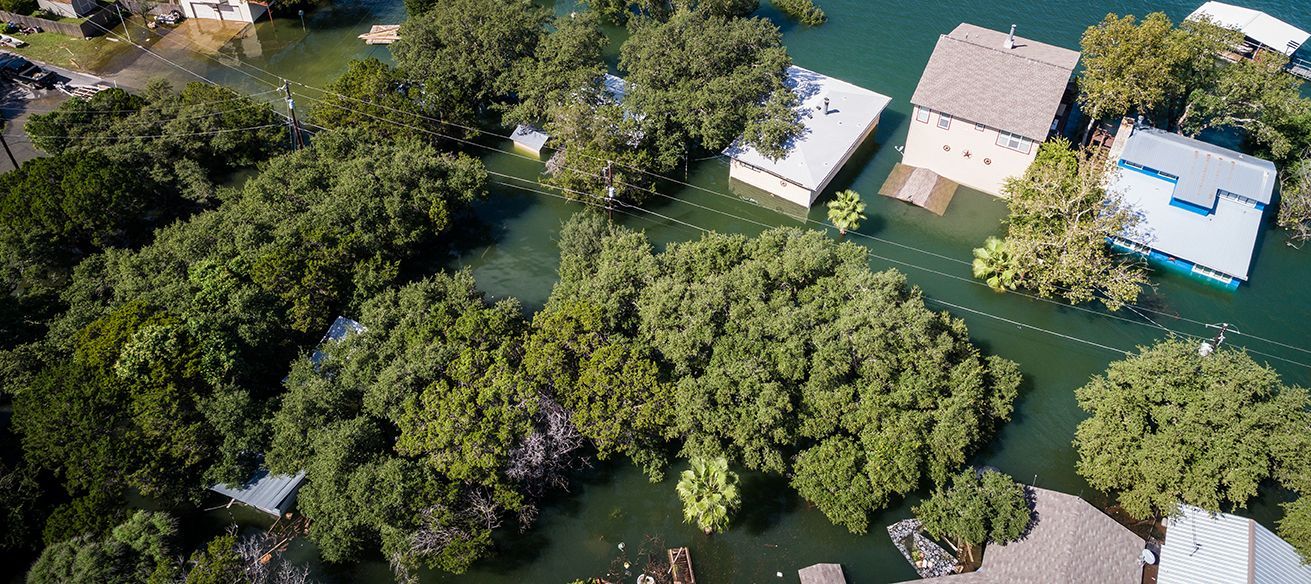IBTS Provides Disaster Response Support to Local, State, Federal Governments
Share this article:

COVID-19 has placed an enormous burden on local, state, and federal governments. As a non-profit organization with decades of experience helping governments at all levels, the Institute for Building Technology and Safety (IBTS) is available to help communities, departments, and agencies navigate the current crisis.
IBTS’ nonprofit mission is to help strengthen communities through a variety of rapid response and flexible solutions, including disaster services. With 40 years of service, IBTS has served as trusted partner for federal agencies, state governments, and local communities following Hurricanes Katrina, Sandy, Harvey, and Maria. Many governments are facing similar disaster-related challenges with the COVID-19 crisis, including disruptions to routine services and wrestling with the complex processes for funding and reimbursement.
IBTS can help during the COVID-19 crisis through a variety of services, many of which are reimbursable through federal funding or can be customized to fit a jurisdiction’s specific needs and budget.
Services include:
- Disaster response and recovery: IBTS can help jurisdictions navigate federal reimbursement for COVID-19 related expenses, the procurement process and compliance requirements.
- Expedited remote plan review: IBTS is also available to perform expedited remote plan reviews for schools and other buildings that may need to be repurposed as healthcare and quarantine facilities.
- Emergency services contracts: Even if a local government is not currently significantly impacted by the crisis, now is the time to get contracts in place to save time when the need arises. These include project management as well as individual services such as remote plan review, inspections, and procurement.
- Funding support: IBTS’ grants services and disaster recovery professionals can help identify and manage funding sources that will help communities respond to and recover from the crisis.
- Back office support: IBTS can provide temporary support for finance and administration, information technology, as well as human capital personnel and services.
- Inspections: IBTS provides remote inspection services and can deploy ICC-certified inspectors on an emergency basis. Remote inspections are also available.
For more information on how IBTS can help your jurisdiction, contact Chris Fennell, Chief Development Officer, at CFennell@ibts.org or Chris Miller, Municipal Services Director, at CMiller@ibts.org.





